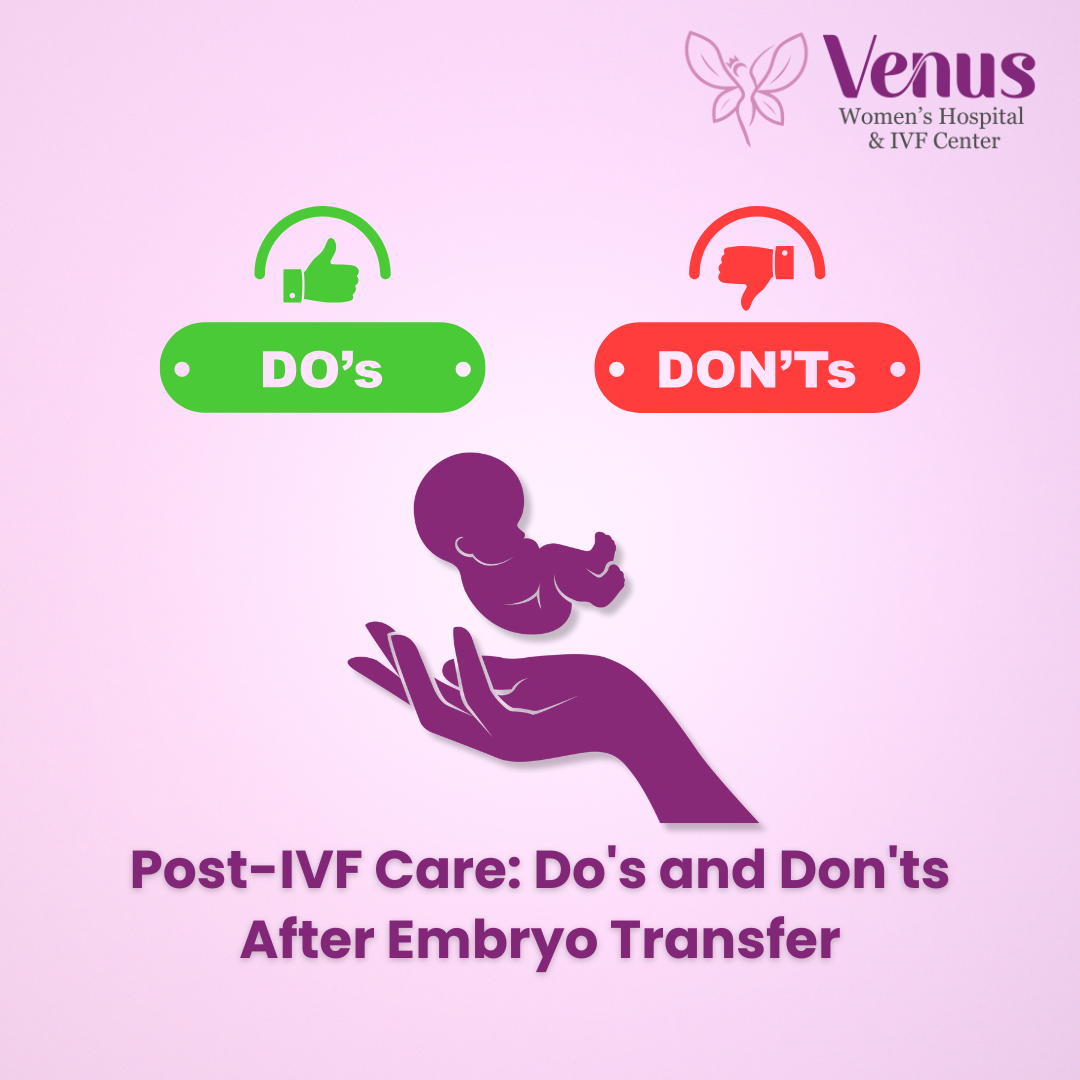

Embryo transfer is one of the most important steps in the in vitro fertilization process. It involves placing an embryo into the uterus to facilitate pregnancy. After eggs are fertilized in the lab, the best-quality embryos are selected for transfer. This procedure is typically painless and done without anesthesia. Let’s explore more details about it:
There are different types of embryo transfer based on the stage and condition of the embryos:
Fresh Embryo Transfer
This occurs a few days after egg retrieval and fertilization. The embryos are transferred directly without being frozen.
Frozen Embryo Transfer (FET)
Here, embryos are frozen and transferred at a later date. This option is useful if the first transfer is unsuccessful or if additional children are planned in the future.
Blastocyst Transfer
This involves transferring embryos that have developed for about five days and reached the blastocyst stage. These embryos are more likely to result in a successful pregnancy.
Rest and Relax: Take it easy for a few days post-transfer. Avoid strenuous activities and heavy lifting to allow the embryo to implant successfully.
Healthy Diet: Eat a balanced diet rich in fruits, vegetables, lean proteins, and whole grains. Staying hydrated is equally important.
Follow Medication Instructions: Take all prescribed medications as directed by your fertility specialist. These help support the early stages of pregnancy.
Monitor Your Symptoms: Keep track of any unusual symptoms and report them to your doctor. Communication is key during this period.
Stay Positive and Manage Stress: Maintaining a positive mindset and managing stress through relaxation techniques can improve your chances of success.
Avoid Heavy Exercise: Strenuous physical activities can hinder the implantation process. Gentle activities like walking are fine, but avoid anything too intense.
Say No to Smoking, Alcohol, and Caffeine: These substances can negatively impact your chances of a successful pregnancy. Avoid them completely.
Avoid Over-the-counter Medications: Do not take any medications without consulting your doctor first. Some drugs can interfere with the treatment.
Avoid Stressful Situations: Try to avoid stressful environments and situations. Focus on activities that relax and calm you.
Avoid Long Travel: If possible, avoid long journeys. The stress and fatigue associated with travel can be detrimental during this delicate period.
Embryo transfer is a key component of in vitro fertilization treatment. It is performed to help couples struggling with infertility achieve pregnancy. The procedure is essential for those who have had difficulties conceiving naturally or have other medical conditions affecting fertility.
After the embryo transfer, it’s crucial to follow the do's and don'ts to maximize your chances of a successful pregnancy. Here’s what typically happens:
Two-Week Wait: After the transfer, there is a two-week wait before you can take a beta hCG test. This test measures the level of hCG hormone in your blood, which is secreted by the placenta during pregnancy.
Beta hCG Test: About 12 days after the embryo transfer, a beta hCG test will be conducted to check if the procedure was successful. This hormone level doubles every two days during the first trimester, indicating a progressing pregnancy.
Avoid Early Pregnancy Tests: During this waiting period, resist the urge to take an early pregnancy test at home. These tests can be misleading due to the residual hCG hormone from the ovulation trigger shot, which can result in false positives.
Possible Symptoms: You may experience slight bloating, fatigue, mood swings, sore breasts, and light spotting. These symptoms are positive signs and may indicate pregnancy.
In vitro fertilization price and IVF expense can vary, but investing in post-IVF care is vital for the success of the treatment. Proper care and adherence to medical advice can significantly increase the chances of a successful pregnancy, making every penny spent on the in vitro fertilization process worthwhile.
In conclusion, post-IVF care is about balance and mindfulness. Rest, eat well, follow your doctor's instructions, and stay positive. By doing so, you give yourself the best chance for a successful pregnancy after an embryo transfer.